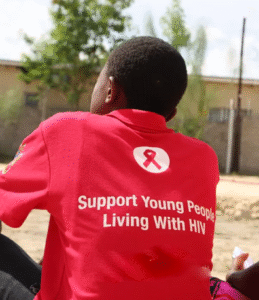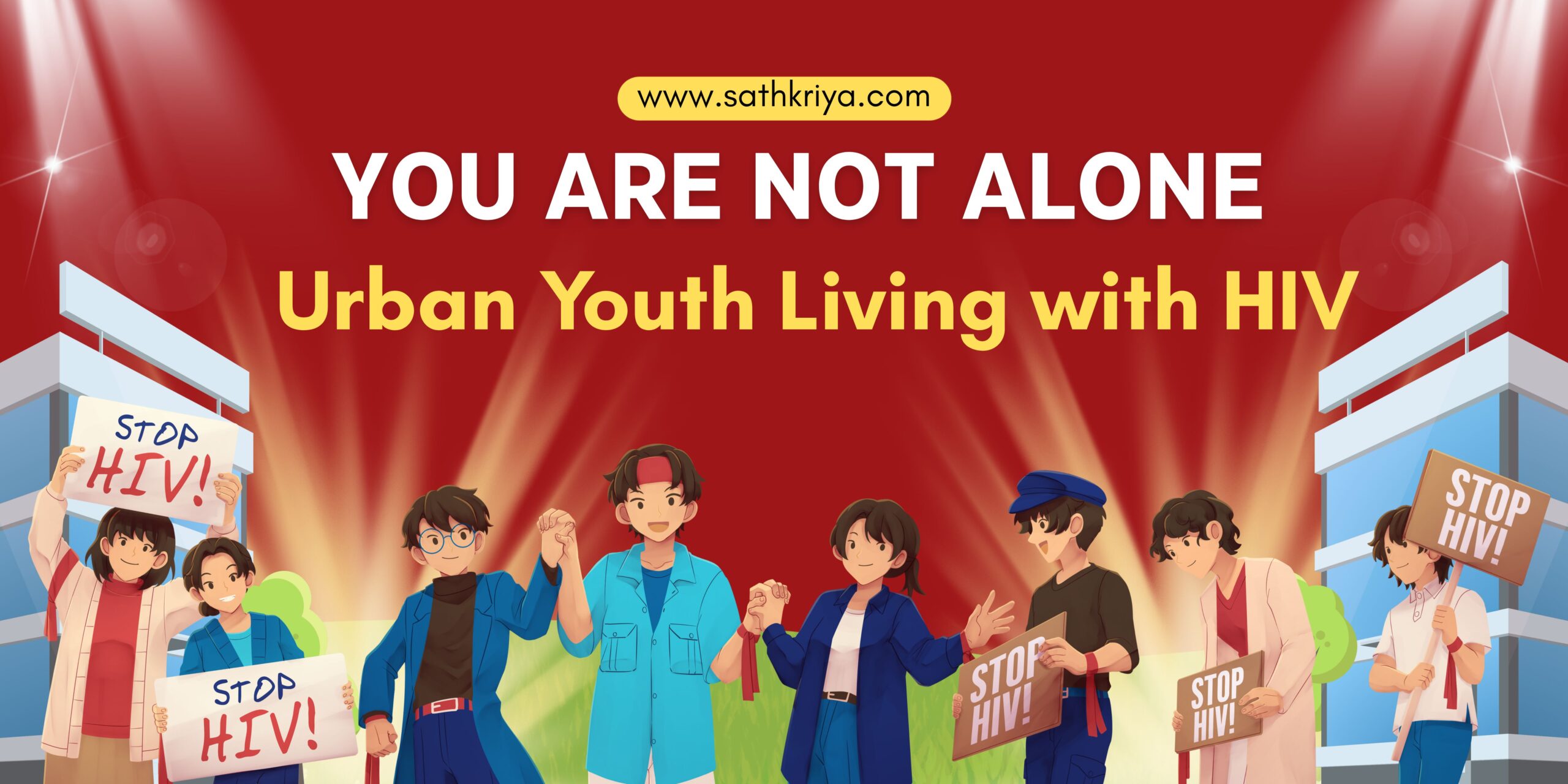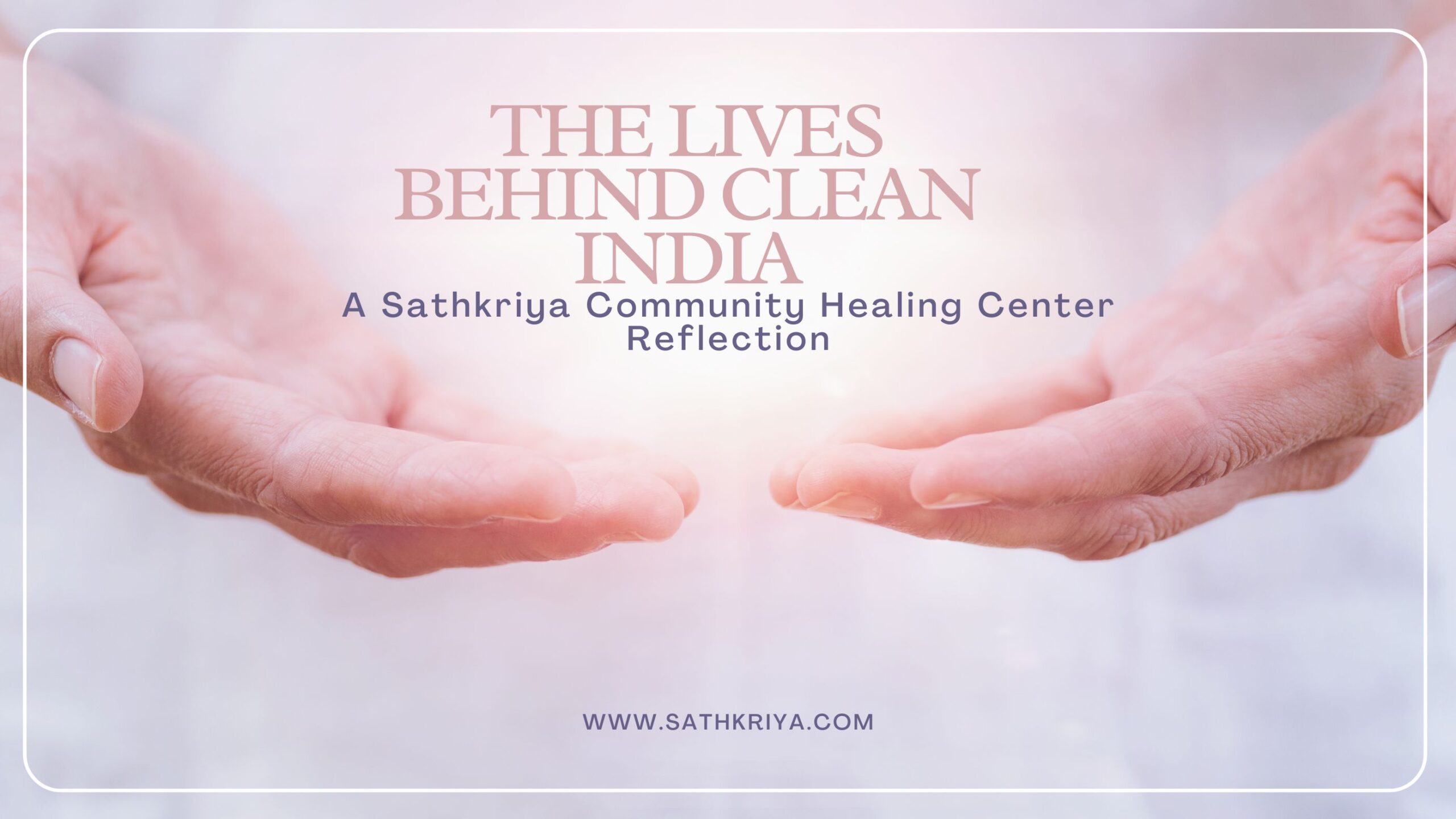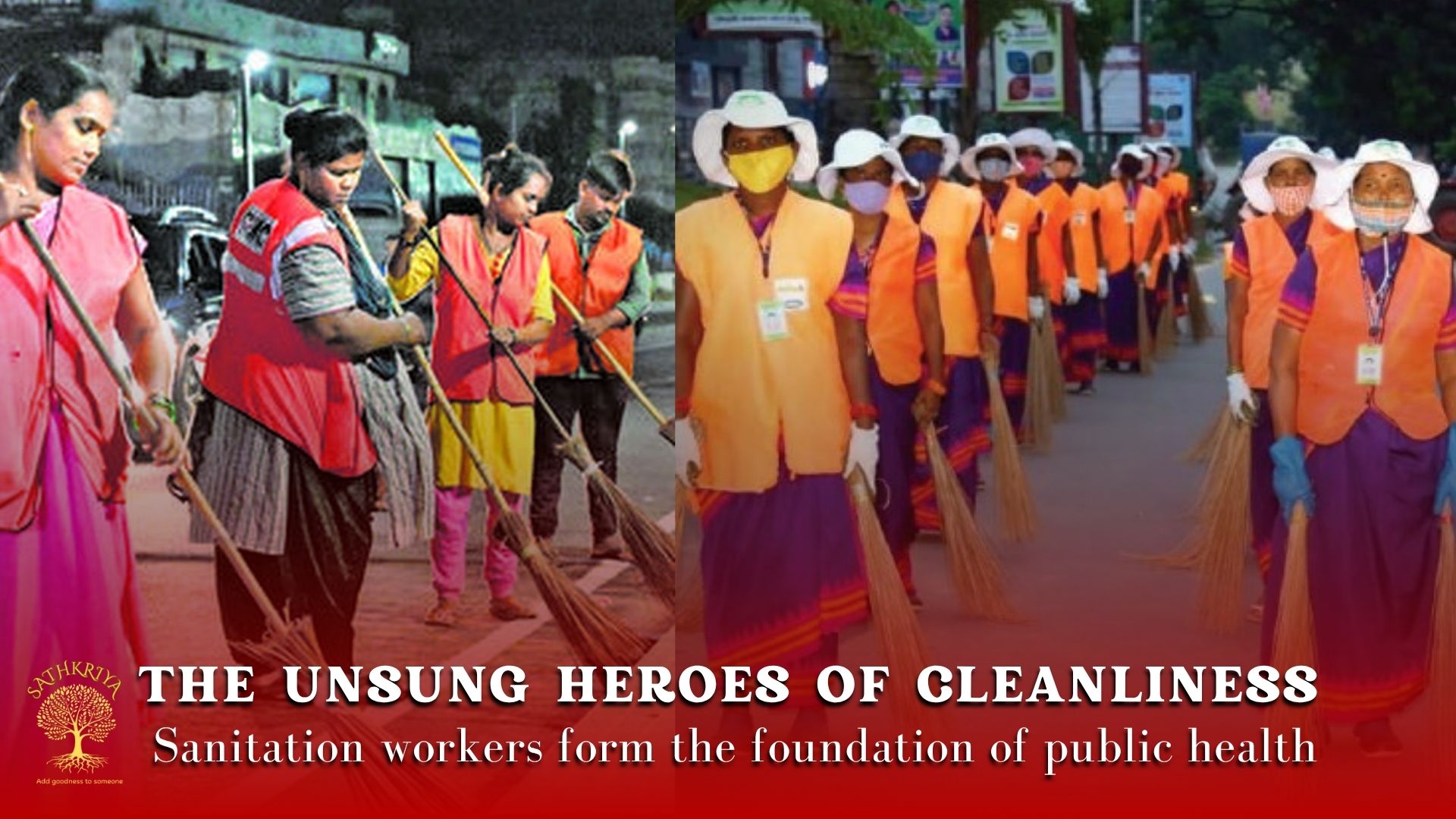If you are young and living in a city, you are not alone. Many teens and young adults live with HIV and build full, happy lives. In 2022, about 19% of new HIV diagnoses in the U.S. were among people ages 13 to 24, and many live in urban areas. That number is real, but so is the hope.
Here is the most important fact to hold onto: U=U. That means if your viral load is undetectable with HIV treatment, you do not pass HIV through sex. Treatment works, and you deserve care that fits your life.
This guide gives clear steps for care, support, and daily life for urban youth living with HIV. You will find simple facts, places to get help, and routines that keep you strong.
Know the Facts: HIV Today for Teens and Young Adults in Cities
HIV is still here, but treatment is strong. Young people account for a large share of new diagnoses, and many live in cities, especially in the South. Knowing the basics helps you take control.
- Use simple search phrases like “HIV testing near me” to find free or low-cost options. Many cities offer walk-in testing at clinics, mobile vans, and pharmacies.
- If you want a quick start on learning, try “HIV facts for youth” from trusted sources.
Here are key terms in plain language:
- HIV: A virus that weakens your immune system.
- ART (HIV medicine): Daily pills or shots that lower the amount of virus in your blood.
- Viral load: The amount of HIV in your blood. Lower is better.
- Undetectable: Lab tests cannot find the virus. This is the goal.
HIV is not the same as AIDS. AIDS is a later stage of HIV that happens when the immune system is very weak. With treatment, most people with HIV never reach that stage.

U=U matters. If your viral load stays undetectable while on meds, you do not pass HIV through sex. That protects you, your partners, and your future.
Testing is easy and private:
- Rapid tests give results in about 20 minutes.
- Lab tests confirm results and check your viral load.
- Self-test kits let you test at home.
Want options now? Search “free HIV testing near me,” call your local health department, or visit a community health center. Many clinics offer same-day starts for treatment, counseling, and support.
What HIV Is, and What It Is Not
HIV is a virus that affects your immune system. With daily medicine, people live long, healthy lives. They work, study, date, and have families.
HIV is not a moral issue. It is not a character flaw. It is a health condition that deserves care and respect. HIV is not a death sentence.
Key Numbers You Should Know in 2025
- About 7,099 new diagnoses were among ages 13 to 24 in 2022.
- People ages 13 to 34 make up more than half of new diagnoses each year.
- The South accounts for about 52% of new diagnoses, and many are in cities.
- Over 1.2 million people in the U.S. live with HIV, many in urban areas.
These numbers show why care, treatment, and prevention matter for young people in cities.
U=U: Why Treatment Protects You and Your Partners
U=U means undetectable equals untransmittable. When you take your HIV meds on time and keep your viral load undetectable, you do not pass HIV through sex. This is proven by strong science.
The steps are simple: start treatment, stay in care, and take your meds as prescribed. If side effects show up, talk with your provider. There are many treatment options, including daily pills and long-acting shots.
Testing Options Near You: Free, Fast, Confidential
You have choices:
- Rapid tests: Finger prick or oral swab, with results in minutes.
- Lab tests: A blood draw at a clinic, used to confirm results and check your viral load.
- Self-test kits: Private kits you use at home.
Many urban clinics and community groups offer testing for free or low cost. You can also get counseling and condoms on site. Search “free HIV testing near me” or call your city health department. It is private and judgment free.
Get Care and Support: Where to Find Help in Your City
A positive test can feel heavy. You deserve care, support, and a plan. Here is a simple path.
- Confirm your result with a lab test.
- Link to care at an HIV clinic near me. Ask for a same-day start.
- Start ART. The sooner you start, the faster you reach undetectable.
- Keep appointments and ask for help with rides, housing, or costs.
You have resources:
- Ryan White Program: Helps with medical visits, meds, case management, and lab tests. Many clinics are youth friendly.
- Medicaid or Medicare: Covers care and treatment if you qualify. If you are unsure, ask a case manager to help you apply.
- HOPWA housing: Offers help with stable housing, rent, or short-term support for people with HIV.
- Ending the HIV Epidemic focuses on many urban areas to expand testing, treatment, and PrEP access.
Worried about privacy? Clinics protect your information by law. You can ask about confidential services before you book.
Search terms that help:
- “HIV clinic near me”
- “Ryan White Program”
- “HOPWA housing”
- “PrEP access”
First Steps After a Positive Test: What to Do This Week
- Confirm the test with a lab.
- Schedule your first visit.
- Get baseline labs, including CD4 and viral load.
- Talk about starting ART right away.
- Ask for a patient navigator or case manager.
- Set phone reminders for meds and visits.
Starting meds early helps you reach undetectable faster.
Low-Cost or Free Care: Ryan White, Medicaid, and Youth Clinics
Ryan White clinics can cover visits, lab tests, medications, and case management. Many community health centers have youth clinics that feel safe and welcoming.
If you do not have insurance, you can still get care. Call your local health department to find a clinic and ask for help with enrollment. You can also ask about transportation and mental health support.
Housing, Food, and Transport Support: HOPWA and Community Orgs
Stable housing makes treatment easier. HOPWA can help with rent support or short-term housing. Community groups can offer food boxes, meal cards, or bus passes.
Ask your case manager:
- Can I apply for HOPWA today?
- Are there food banks or meal cards nearby?
- Is there help with rides or bus passes for appointments?
Find Your People: Peer Groups, Mentors, and Trusted Adults
You do not have to do this alone. Join a youth support group or get a peer mentor through a local organization. Many clinics host groups for teens and young adults.
If it feels safe, talk with a school counselor, coach, or faith leader. A trusted adult can help you set goals, find resources, and feel less alone.
Take Charge of Your Health: Treatment, Safety, and Daily Life
Daily care is your foundation. Treatment keeps your viral load low. Safe sex protects you and your partners. Mental health care helps you handle stress. School or work plans keep your future on track.
Try simple calming routines that fit your day. Mindfulness, short breathing breaks, or sathkriya can lower stress. These practices support your mind, but they do not replace HIV treatment. Let U=U motivate you to stay on meds and in care.
Stick With Your Meds: Simple Routines That Work
- Take your meds at the same time every day.
- Use phone alarms or app reminders.
- Tie your dose to a daily habit, like brushing your teeth.
- Keep a spare dose in your bag or locker.
- Tell your provider about side effects. Adjustments can help.
- Celebrate small wins, like a week of on-time doses.
Missing doses can raise your viral load. If you forget a dose, take it when you remember, then get back to your schedule.
Safer Sex and Protection: Condoms, PrEP, and PEP
Condoms protect against HIV and other STIs. They are easy to get, often free at clinics.
- PrEP: A daily pill or long-acting shot that prevents HIV for HIV-negative partners.
- PEP: Emergency meds if someone was exposed in the last 72 hours. Go to a clinic or ER right away.
Staying undetectable lowers risk, and condoms add another layer of safety. Ask a clinic about free condoms and where to get PrEP or PEP fast.
Mental Health Matters: Coping With Stigma and Stress
It is normal to feel fear, anger, or shame. You are not your diagnosis. Support helps.
Try:
- Talking with a therapist or counselor.
- Joining a peer group, in person or online, from trusted organizations.
- Journaling for 10 minutes a day.
- Breathing or calming routines such as sathkriya for stress relief.
Sathkriya supports mental wellness, but it is not a medical treatment. If you are thinking about self-harm, call or text 988 right now for help.
Planning for Your Future: School, Work, and Goals
Set small goals. Use a planner or app to track meds, classes, work, and appointments. Meet with a school counselor or career coach to map next steps.
Ask your case manager:
- Can you help with forms, letters, or deadlines?
- Is there help for books, training, or job leads?
Many people with HIV graduate, build strong careers, and have families. Your future is wide open.
Conclusion
You can live well with HIV. With care, support, and daily meds, urban youth living with HIV stay healthy and reach their goals. U=U means that when your viral load is undetectable, you do not pass HIV through sex. That is powerful.
Take a step today: get tested, link to care, join a group, and tell one trusted person. Build steady routines that fit your life, from pill reminders to calming practices like sathkriya for stress, alongside your medical care. You are not alone, and your story is still yours to write



